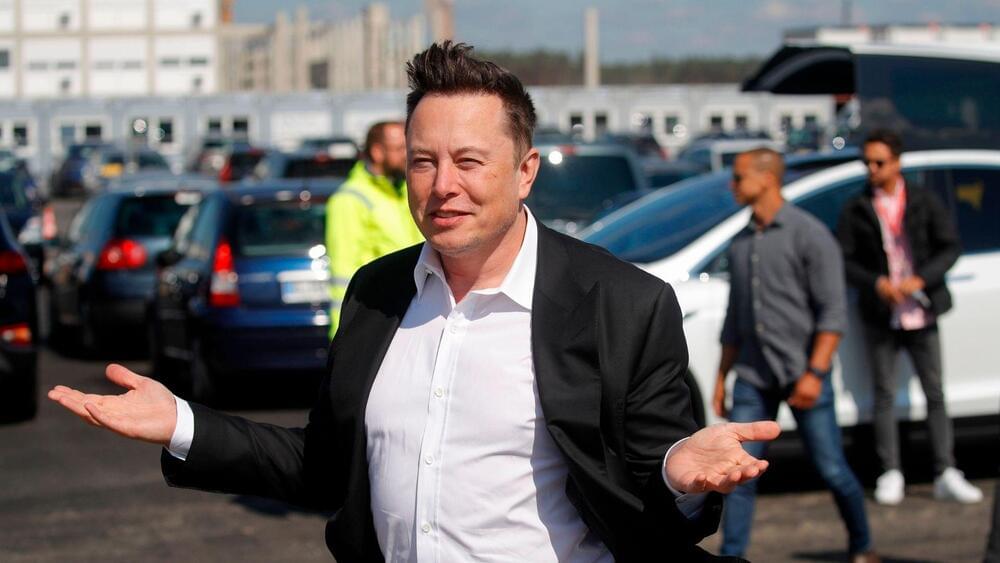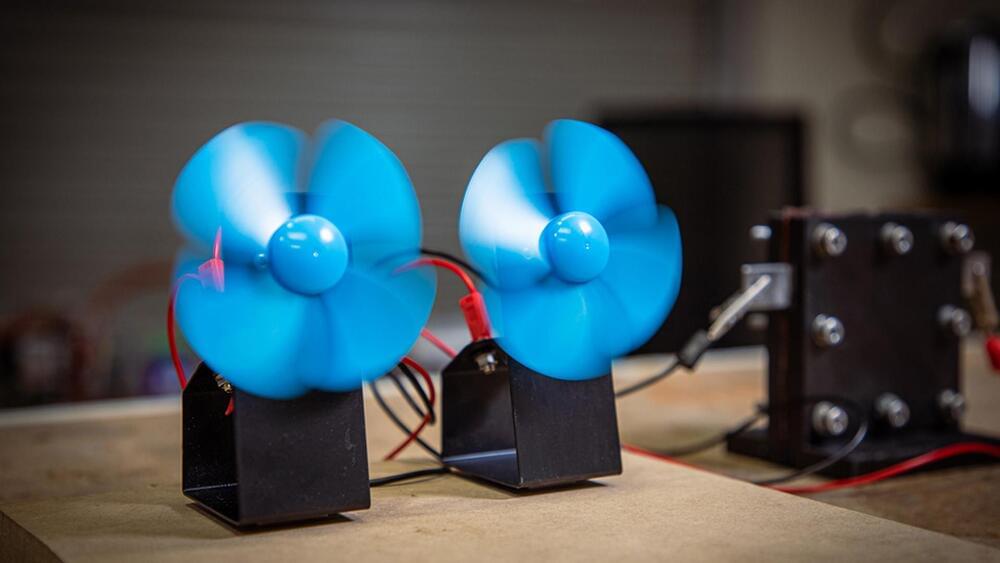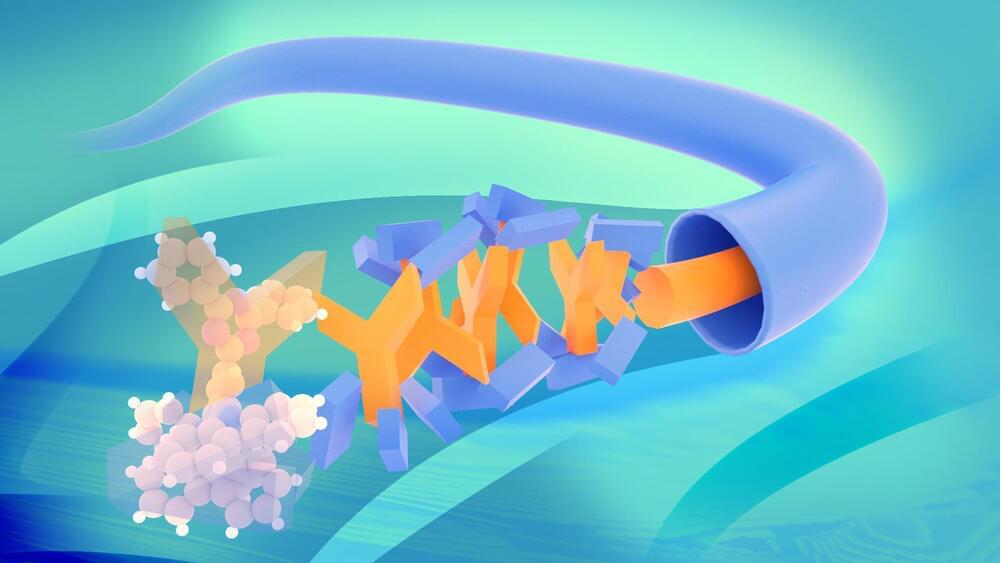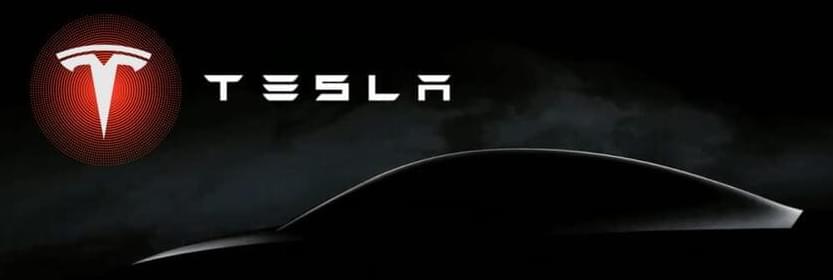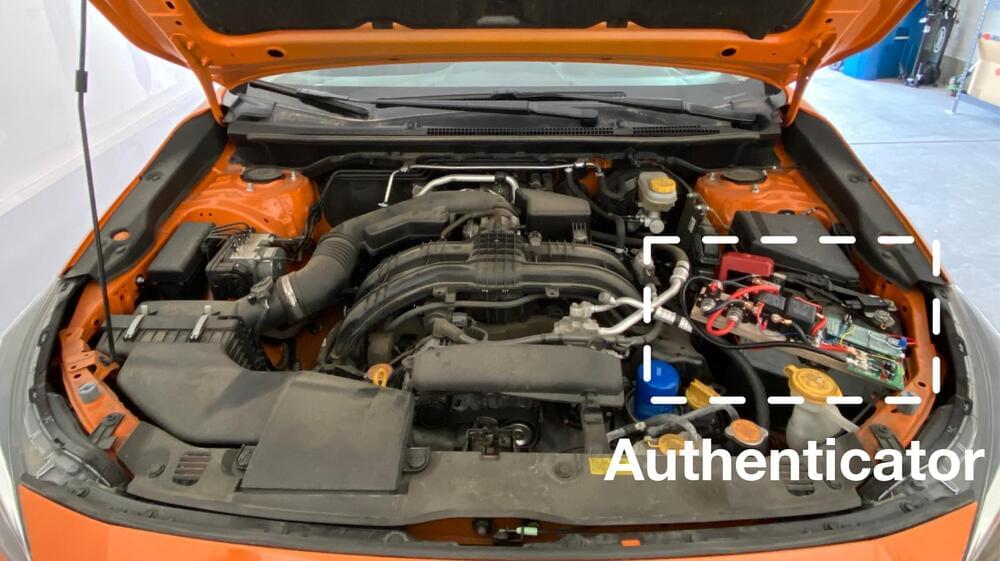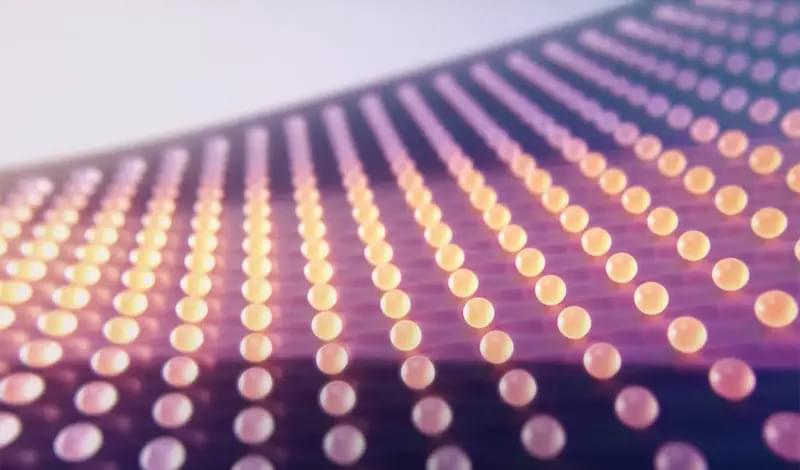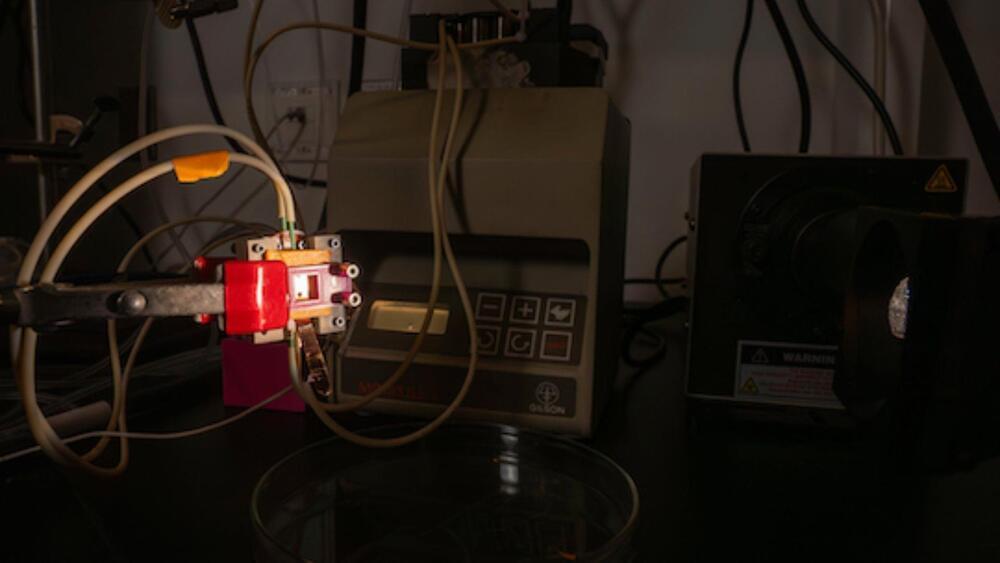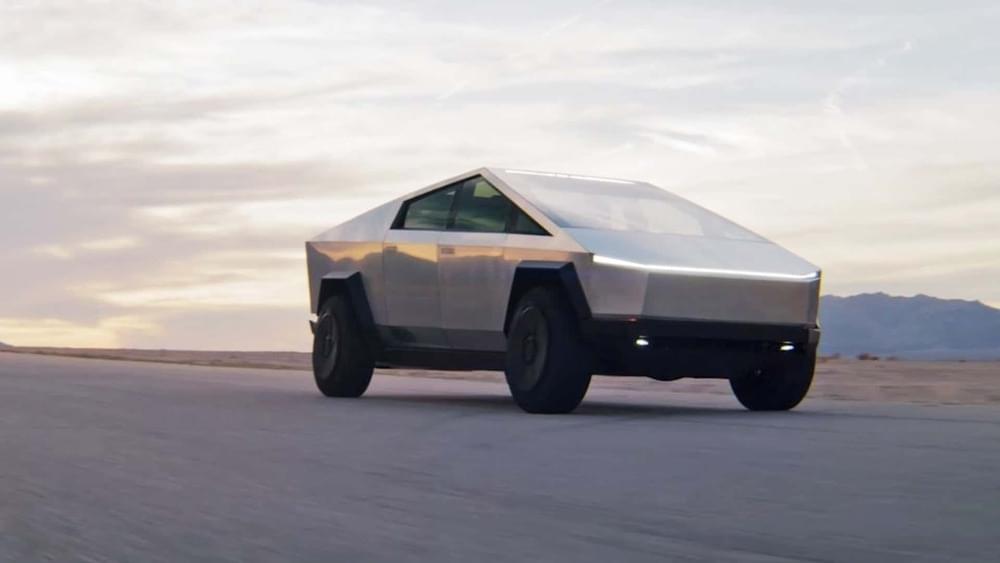
There are now over 1.9 million orders for the long-awaited Tesla Cybertruck, per a crowd-sourced data tracker. Speaking on an Earnings Call earlier this week, Tesla CEO Elon Musk stated that demand for the Cybertruck is “so off the hook, you can’t even see the hook.”
Given that Tesla plans to produce 375,000 Cybertrucks a year at peak capacity, new orders will technically take around 5 years to arrive. That said, a significant amount of reservation holders may not follow through with their purchase — after all, the deposit to reserve a Cybertruck was only $100. The Cybertruck is being produced at Giga Texas, although it’s a possibility it could also be built at Giga Mexico when the proposed factory is up and running in a few years’ time.
It will be interesting to see if the Cybertruck will be offered outside of North America. Currently, those in Tesla’s European and Asian markets can pre-order the truck. That said, the Cybertruck’s large size and hefty weight could make selling it overseas a serious challenge. For example, in several European nations it would have to be classed as a commercial truck or semi.
